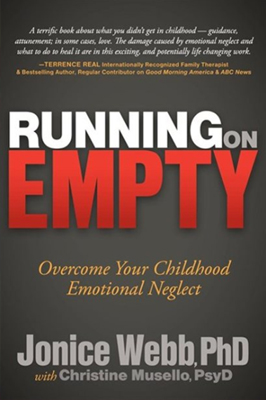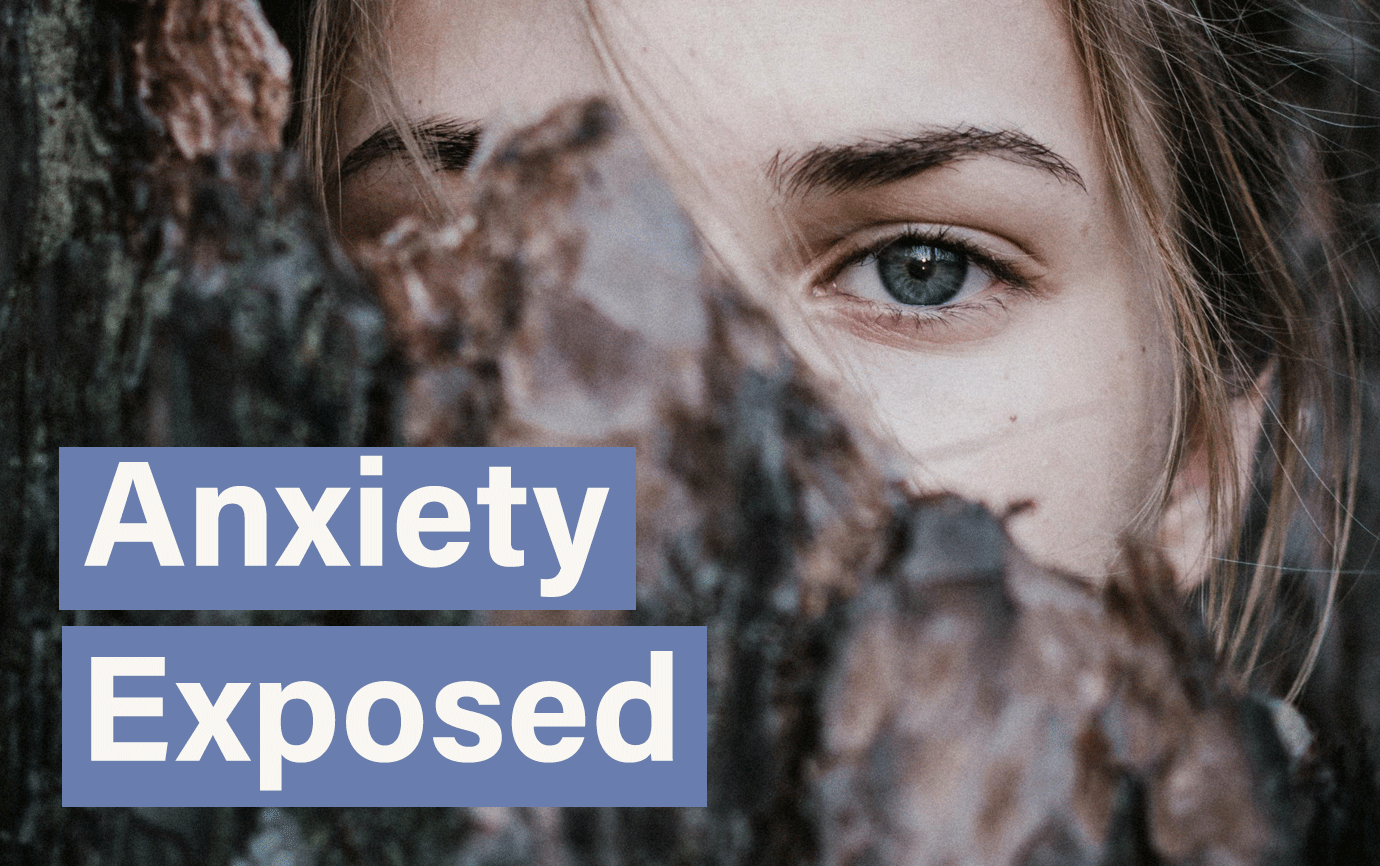Emotional neglect is hard to identify. It is created by what did not happen and it does not leave physical injuries or scars. And it is confusing to those who experience it.
Emotional neglect is not the same as child abuse as it is often unintentional. It occurs when parents are unable to recognize and respond to the emotional needs of their children. They are often overwhelmed by their own life leaving them unavailable to tune into their children. They may have their own experience of abuse or neglect leaving them with no role model of how to pay attention to their children’s emotions. Substance use, illness, and other life stressors can lead to emotional neglect as parents struggle with their challenges and needs.
These parents are not bad people. They may have loved you and did the best they could with what they had to work with, but they may have still neglected your emotional needs, nonetheless.
Adults who experienced childhood emotional neglect often minimize their experience. In their minds, it isn’t as bad as children who suffered “real” abuse therefore they feel they don’t have anything to complain about.
There is no denying the harm inflicted by physical, sexual, or emotional abuse. These are acts of commission – where something is done to a child. They are physically hit, sexually touched, or spoken to in ways that inflict harm and suffering. Whereas emotional neglect is an act of omission – something was not done that should have been. Not responding to a child’s emotional needs leaves them feeling that they are not important and that their feelings and needs do not matter. This results in invisible psychic scars that are real.
The absence of emotional support in childhood can be damaging and long-lasting.
Some of the long-term impacts can include:
- Feeling empty
- Feeling a deep sense of being “flawed”
- Feelings of guilt and shame
- Depression
- Difficulty trusting others
- Difficulty relying on others
- Shunning emotional intimacy
- Loneliness
- Increased likelihood of an eating disorder
- Anger
- Depression
If this feels familiar to you, there are things you can do to heal.
- Learn to recognize your emotions. You may have trouble identifying your emotions if your parents never paid attention to them. Without understanding how we feel, it is difficult to understand ourselves and make good decisions. Our emotions help guide us in relation to how we feel about ourselves, others and the world around us.
- Identify your needs and ask others to meet them. You deserve to have your needs met, but it may feel foreign or frightening to consider asking someone to meet your needs. Start small by asking for something that would be easy to achieve and feels relatively safe. For example, asking your best friend for a hug if you are feeling sad, or asking for a few moments when you get home after a hard day.
- Find a therapist. A therapist cannot undo the ways your parents’ emotional neglect hurt you but they can provide you with the emotional tools that you missed out on. A therapist can help you identify your emotions, ask for what you need, learn to trust others, build self-esteem, handle rejection and build self-love and compassion.
Childhood emotional neglect may not leave scars but it does real harm to children and the adults they become. To heal, you need to make the invisible, visible. Name it, explore it, learn from it, feel it and recover.
by: Mary Joan Brinson MSW, RSW
Book Recommendation
Running on Empty is the first self-help book about Emotional Neglect: an invisible force from your childhood which you can’t see, but may be affecting you profoundly to this day. It is about what didn’t happen in your childhood, what wasn’t said, and what cannot be remembered, emotions such as fear, guilt, and shame, and, most of all, providing motivation to seek help if you have been discouraged, resistant, or afraid.











